
In the brick-lined heart of New York City’s public housing, a revolution hums quietly beneath the fluorescent lights. It is not led by politicians or policymakers. It is led by storytellers, people who refuse to vanish, who refuse to let their realities be rewritten by systems that were never built for them.
This is the story of NATIVES, a web series created by Ronald Hinton, a Queer Afro-Puerto Rican actor, writer, and filmmaker who was raised in the projects and learned that survival itself can be a form of art. The series follows a group of unapologetic, queer, native New Yorkers navigating adulthood, love, and survival in public housing. But more than that, NATIVES is a counter-narrative to everything this country has been trained to believe about the people it pushes to the margins.
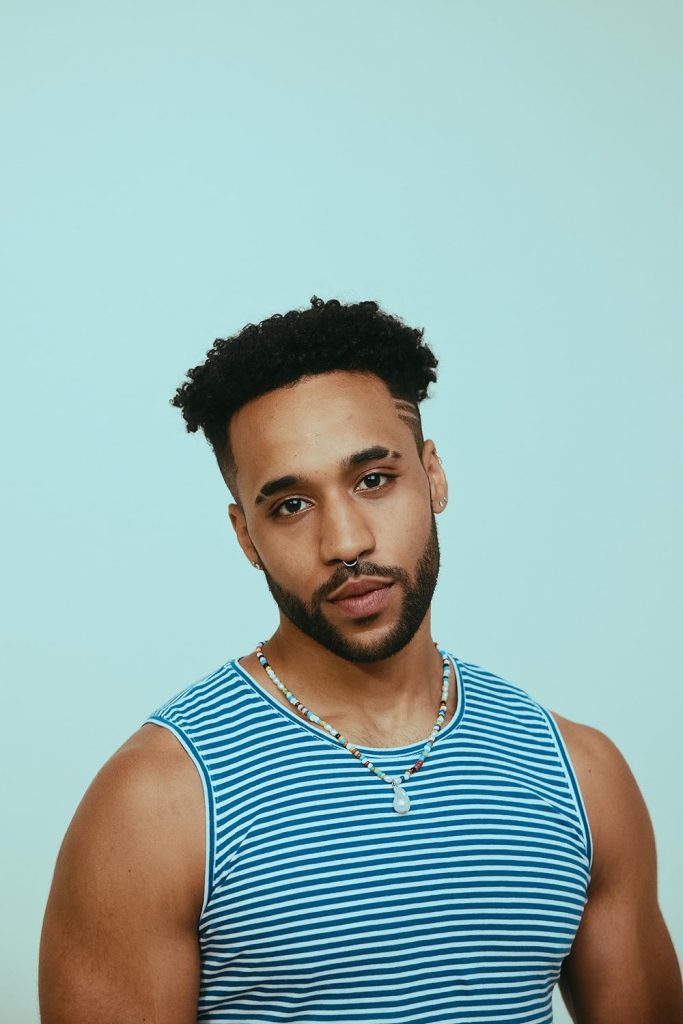
In today’s America, people like Hinton—queer, Black, Brown, from public housing, are living in a time of deliberate disappearance. Across the nation, governments are writing policies to erase us, banning queer studies from classrooms, criminalizing trans existence, defunding public housing, and tightening the noose on every system designed to serve working-class people.
It is not just legislation; it is narrative warfare. And, that’s where Hinton draws the line in the sand.
“When I look at television or film, I don’t see us,” he said. “When the projects do appear, they’re treated like a tragedy, never a home. I wanted to show what love, family, and possibility look like in that environment, because I lived it.”
Hinton’s NATIVES refuses pity, rather it is a declaration proclaiming that the children of the projects are not problems to be solved but prophets of resilience. That queer and trans people of color are not trends or political scapegoats, but the cultural architects of this nation. That joy, tenderness, and self-determination belong to us, too.
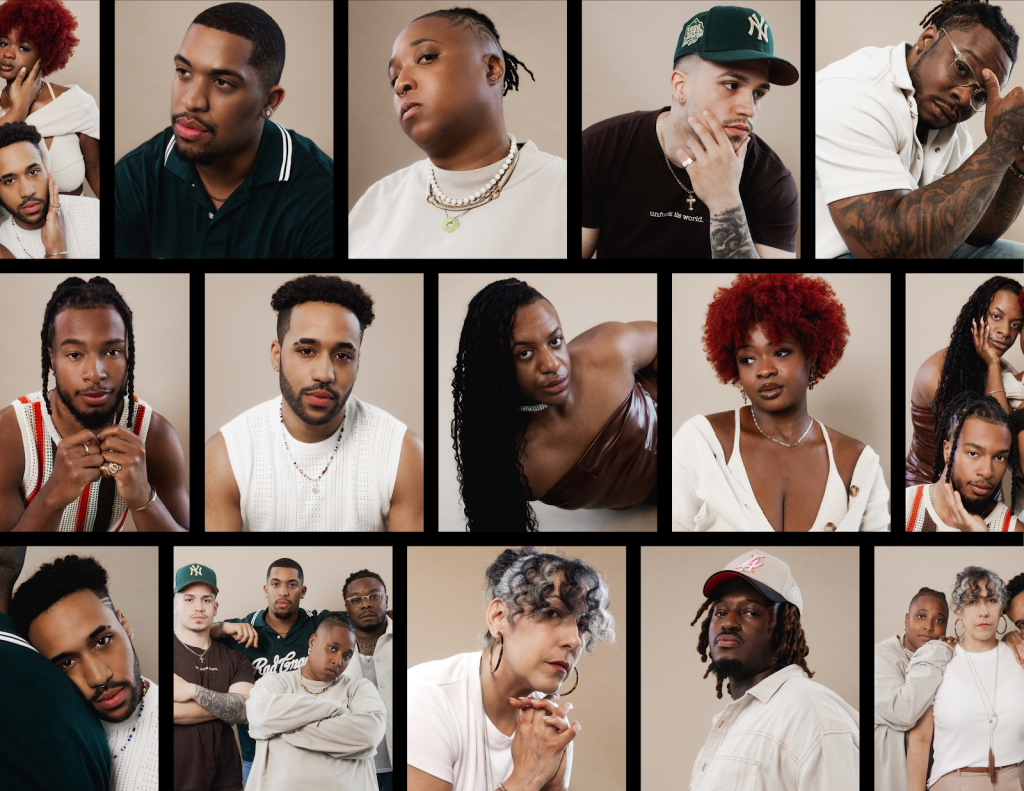
Hinton and his team—Creative Producer Darnell Dudley and Director/Producer Brittany Franklin have been shaping this vision since 2020, fueled by faith, grit, and community. Their work began as a spark of imagination, a single elevator scene between Izzy, an openly queer man returning home, and Ricky, his cousin’s best friend, a quiet moment of longing that carried the weight of entire lifetimes.
From that moment grew a story about returning home not just geographically, but spiritually. The kind of return that demands you face the shame and stereotypes you’ve inherited and still choose to love yourself whole.
The first two episodes of NATIVES were self-funded through a $20,000 crowdfunding campaign. Now, the team is raising $50,000 to complete the remaining five. The stakes are high, for if they don’t reach at least 80 percent of their goal—$40,000 by Saturday, November 15, they lose every dollar raised. (Click Here to Support!)
That’s the paradox of independent media, we are the most necessary voices, yet the least resourced. Our stories are desired, but our labor is often expected to be free.
“If our people want more content that looks like them,” Hinton says, “they’ve got to invest in it. No matter the amount, it matters.”
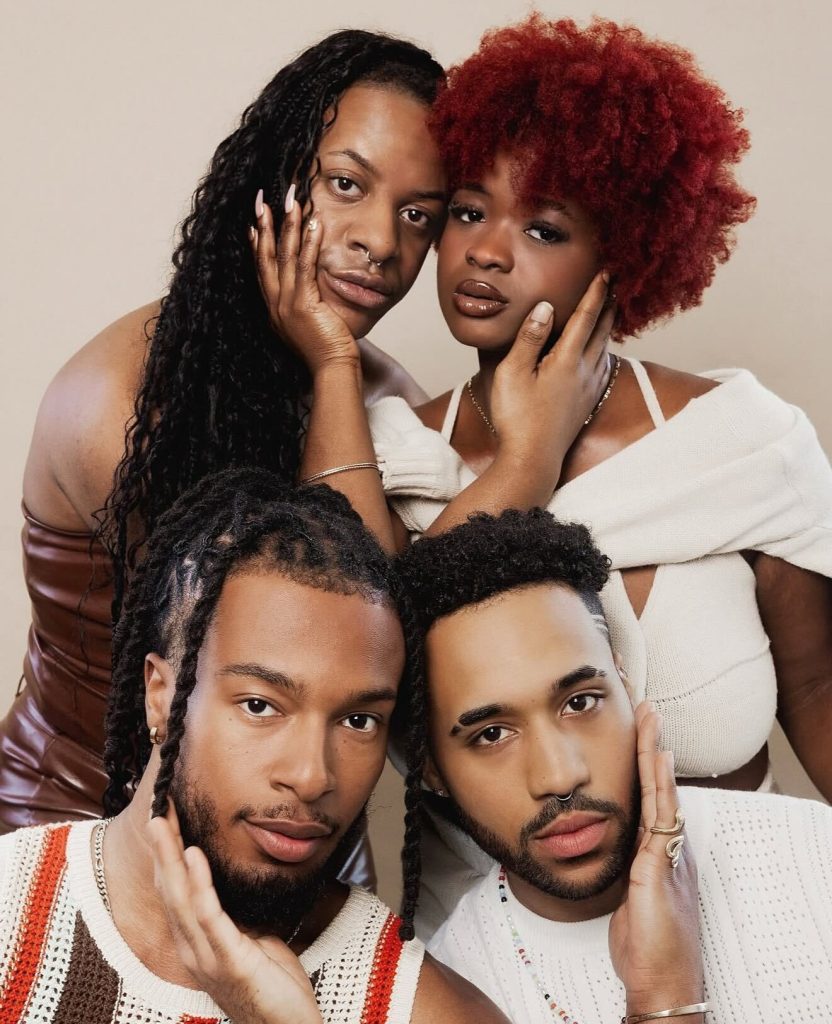
Public housing has always been treated like America’s open wound, a site to be blamed, not healed. But for millions, it’s home. It’s where children are raised on the rhythm of sirens and summer block parties, where families braid survival into ritual, and where entire generations learn to dream past scarcity.
Now imagine living that life as Black, as Brown, as Queer, as Trans, as nonbinary, as poor, identities our government has turned into battlegrounds. Across the country, lawmakers are banning drag performances, cutting reproductive healthcare, gutting affordable housing programs, and scapegoating migrants. For many, simply existing is an act of defiance.
“NATIVES” doesn’t turn away from that reality, it leans into it. It shows what it means to love while under watch, to dance when the state says you shouldn’t, to claim softness when everything around you screams survival. The show’s nonbinary character, Kai, played by DaJuan Harris, was written after the actor’s audition moved the team to expand the script. In a world where trans and nonbinary people are erased from the screen, Kai’s presence is itself a political statement.
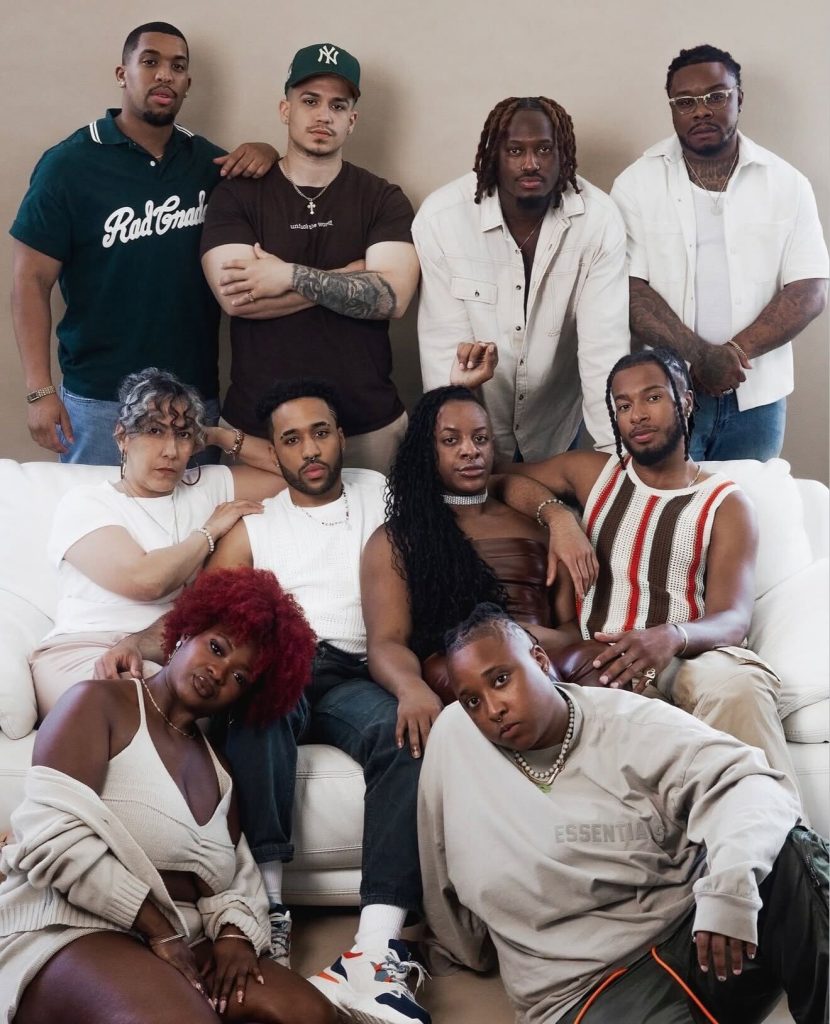
Independent storytelling like this doesn’t just build awareness- it builds belonging. When NATIVES premiered at the Queer Voices and NYC Film Festival, the response was immediate. Viewers wept, laughed and lingered in the aisles as a reminder that they have not often seen their own love or their own struggles reflected so truthfully.
That reaction is what mainstream media cannot manufacture—the intimacy of recognition.
But recognition doesn’t keep the lights on. Community does; and right now community must show up, by donating, by sharing, by believing that these stories deserve to exist.
As Hinton puts it, “you don’t have to leave your block to make your dreams real. You can make them right where you are.”
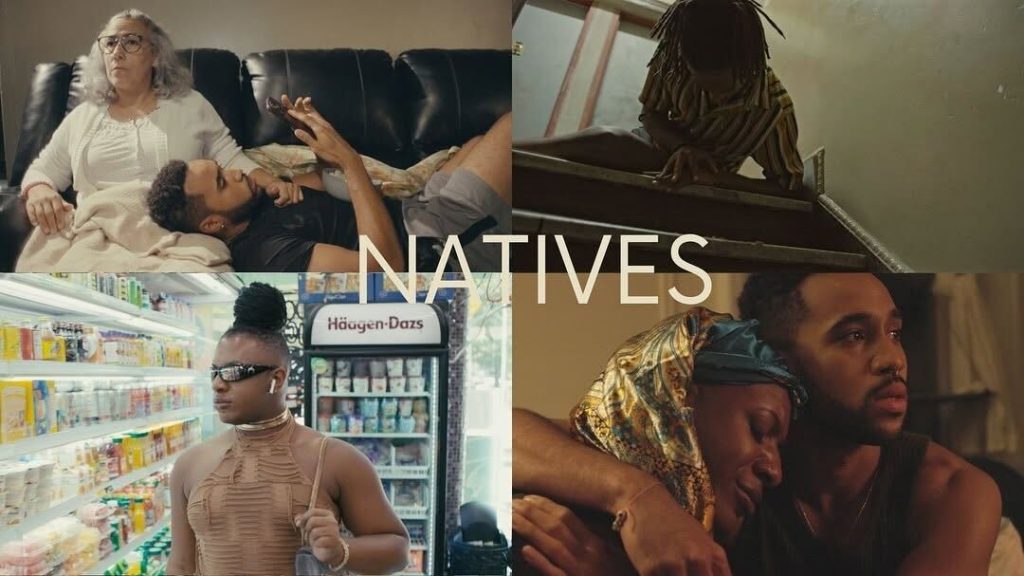
Independent media like NATIVES isn’t just art, it’s infrastructure. It fills the silences left by a system that refuses to see us. It ensures that the next generation of queer, Black, Brown, and working-class kids won’t have to search for themselves on screen, because they’ll already be there.
In a time when the government is trying to erase our identities, independent creators like Hinton are archiving them in real time. Every dollar you give, every view you share, every conversation you start is part of that archive, a living proof that we are still here, still loving, still telling our stories.
The NATIVES crowdfunding campaign ends Saturday, November 15. Visit Shared Soil Productions’ campaign page to contribute and follow the project online.
Because if we don’t tell our stories, they’ll write us out of history. And we’ve already lost too much to let that happen again.